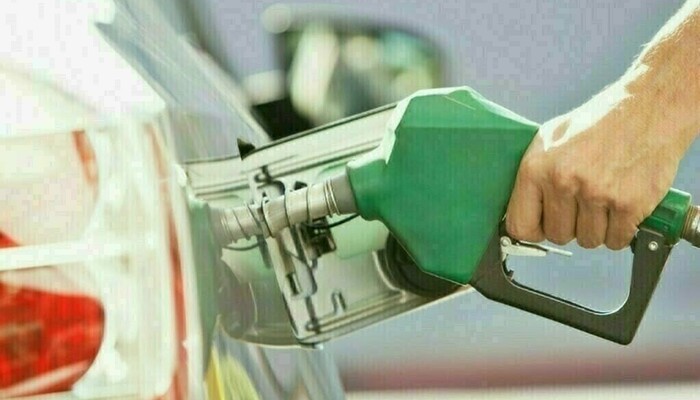Petroleum product prices have once again been revised, but this time the news is mixed for consumers. The Ministry of Finance has announced that petrol prices will remain unchanged, while the price of diesel will be reduced significantly. The decision comes in light of global market trends and domestic economic considerations.
Petrol Price Remains Stable
According to the official notification, the current petrol price will stay the same. Authorities said that stabilizing petrol prices was essential to shield consumers from sudden fluctuations. Maintaining the existing rate, they argued, would help prevent further inflationary pressure on households and transport operators.
This stability aims to give businesses and commuters some predictability in their fuel expenses, especially as other living costs continue to rise.
Diesel Becomes Cheaper by Rs. 12.84 per Liter
The price of diesel has been slashed by Rs. 12.84 per liter, with the new rate coming into effect from midnight. Officials expect this reduction to directly benefit the transport and agricultural sectors, which rely heavily on diesel to power vehicles, machinery, and equipment.
Read: Pakistan Denounces Israel’s ‘Greater Israel’ Plan
By lowering operational costs for transporters and farmers, the government hopes to curb cost-push inflation and reduce the burden on essential goods supply chains.
Impact of Global Oil Market Trends
The decision is closely tied to recent developments in the international crude oil market. Global prices have shown a downward trend in recent weeks due to improved supply stability and moderated demand in key economies.
The Ministry of Finance confirmed that Pakistan’s pricing adjustment aligns with these market shifts, ensuring that benefits from lower import costs are passed on to the public where feasible.
Balancing Fiscal Pressures and Public Relief
While reducing diesel prices offers direct relief to consumers, the government chose to keep petrol rates steady to maintain fiscal balance. Petrol remains the most widely used fuel for private vehicles, and its pricing has a significant impact on revenue collection from the petroleum levy and taxes.
Officials explained that any steep cut in petrol prices at this stage could create a fiscal gap, especially with rising expenditure needs. Therefore, a balanced approach was adopted — offering relief in diesel while keeping petrol stable.
Expected Benefits for Key Sectors
Transport companies are expected to benefit immediately from the diesel price cut, potentially allowing them to keep fares steady or even reduce them in some cases. Lower fuel costs could also ease the financial pressure on freight operators, which may help stabilize prices of goods transported across the country.
The agricultural sector will also gain, as farmers use diesel for tractors, water pumps, and harvesting machinery. Cheaper diesel means lower production costs, which could help keep food prices in check in the coming months.
Looking Ahead
Market analysts believe that the move could offer temporary inflation relief, particularly in rural areas where diesel consumption is high. However, they also caution that global oil prices remain volatile, and any future spikes could lead to another round of domestic adjustments.
The Ministry of Finance has assured that it will continue to monitor international market trends closely. Pricing decisions will be reviewed fortnightly to ensure that any potential savings from lower global oil prices are passed on to consumers in a timely manner.
For now, motorists using petrol will not see any change at the pump, but diesel consumers will benefit from a noticeable drop in costs starting tonight. The government hopes that this measure will ease financial strain and support economic stability in the weeks ahead. This benefits the use of diesel vehicles more
Follow us on Instagram, YouTube, Facebook,, X and TikTok for latest updates
